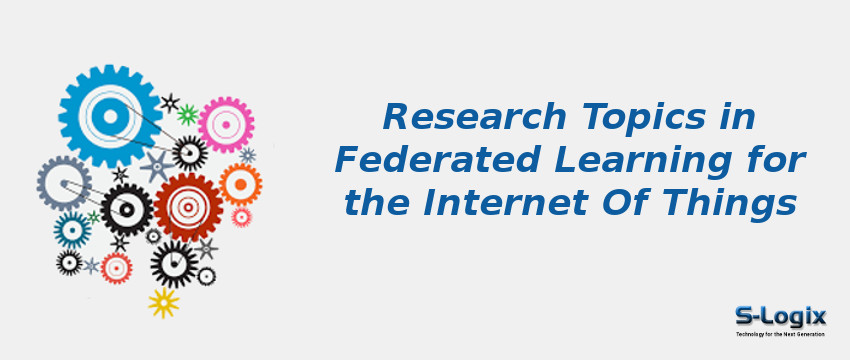The expeditious development of the Internet of Things (IoT) and intelligent services contributes to pervasive sensing and computing capabilities to connect a wide range of things to the Internet. In an IoT environment, the data is distributed to a huge number of neighboring devices, and it also requires fast and reliable transmission of data without privacy leakages. In order to enable intelligent IoT applications, artificial intelligence techniques such as machine learning and deep learning have been developed. However, such techniques are infeasible to preserve data privacy.
Federated learning is the distributed learning approach that utilizes a multitude of participants to collaboratively learn a model under the coordination of a central server while considering data privacy. Federated learning in IoT applications ensure the training of learning models at distributed IoT devices without the demand for data sharing. The advantages of utilizing federated learning in IoT applications are data privacy improvement, low-latency network communication, and enhanced learning quality. Various application areas of IoT-based federated learning are smart healthcare, smart transportation, Unmanned Aerial Vehicles (UAVs), smart city, smart surveillance, smart banking, smart industry, and augmented reality.
Research challenges and scopes in facilitating federated learning over IoT networks are sparsifications, data heterogeneity, mobility, homomorphic encryption, secure and trustful aggregation, quantization, and adaptive resource allocation.
